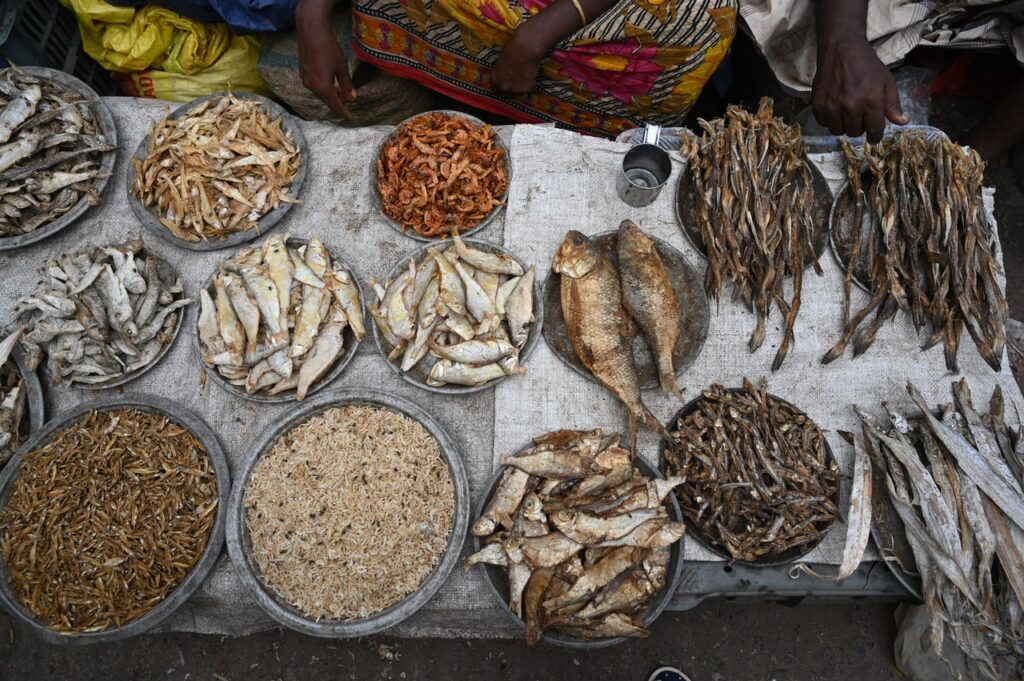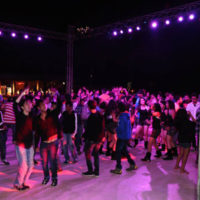 Spiritual Faith Behind Celebrating Purumentachem Fest
Spiritual Faith Behind Celebrating Purumentachem Fest
Goa is a state replete with cultural celebrations, speckled throughout the year and celebrated across religions that co-exist here. While a lot of these festivities such as the Carnival and Shigmo keep getting bigger and better every year, there are some that are losing their audience. The Purumentachem Fest is one such traditional event that has been celebrated annually in the commercial town of Margao. However, today, it has lost its significance due to the technological advances in grocery shopping.
The word ‘Purument’, translates from Portuguese to mean ‘Provisions’. Every year, before the monsoon takes its place in Goa, the locals make sure to stock up on essential provisions that may eventually become scarce or unavailable due to the rains. Fish, vegetables and fruits are some examples. The fact that fishing is banned from June onwards and it is extremely unsafe for the fisherfolk to be out in the sea during the monsoons, is one of the major motivations for this market. While the fruits and vegetables like mangoes or brinjals are pickled to ensure their longevity, Goans love drying their fish to store them last for a good 4-5 months.
The Purumentachem Fest or the Feast of Provisions was intended to provide a market for buyers and sellers looking to partake in these pre-monsoon preparations. It is held every year on a Sunday during the end of the month of May, around the Holy Spirit Church in Margao. The church was one of the first few to be built in South Goa and is a magnificent structure with many secrets worth exploring. During this feast, vendors travel from all around the state with pickles, dried fish, kokum, cashews, dry chillies, Goan sausage (choris), condiments, and even toys and furniture. However, that is not all. The Purumentachem Fest goes beyond traditional routines. Even when people may not be looking to buy anything, they still find themselves in the market, pushed by a spiritual faith that runs strong in the community.
This year, the parish at Holy Spirit will celebrate its 456th anniversary. Annually, a high mass is celebrated by the Archbishop on the morning of the feast and the community is encouraged to remain steadfast in their beliefs in their religion and their patron, the Holy Spirit. While the congregation of vendors lasts for up to a week, on its first day, the community also partakes in celebrating the Feast of Pentecost or the feast of the Holy Spirit.
It is celebrated 50 days after Easter and marks the day when the Holy Spirit descended upon the Apostles. In the joy of all the festivities and celebrations, some vendors also put up stalls to sell local sweets such as kadio-bodio, laddoos, etc. The feast is an important one for the community, even if it isn’t as glorified as Christmas or Easter. It is a time spent in remembering to be perseverant in one’s commitment to God, shunning all evil deeds to experience spiritual growth.












